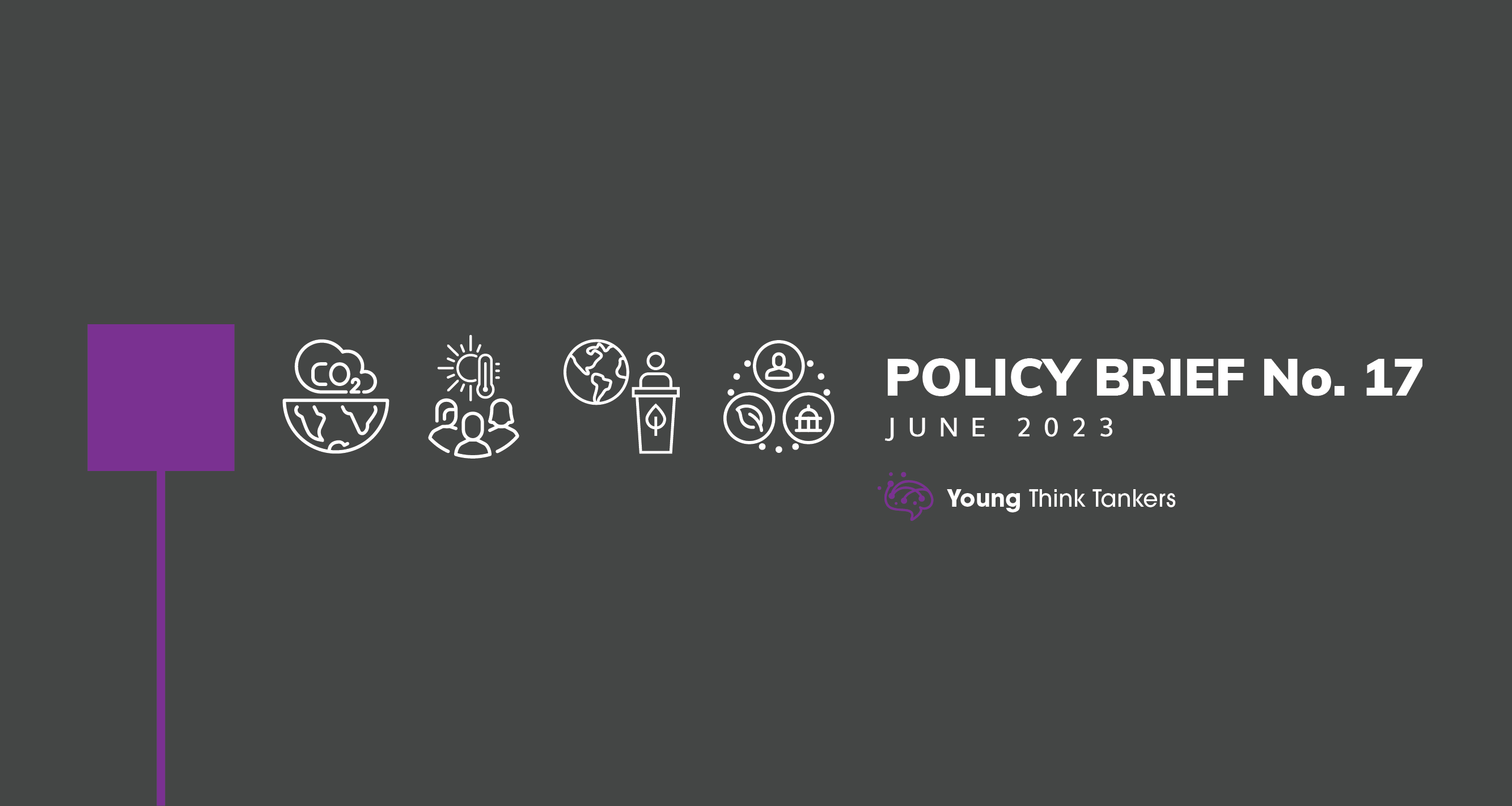As human capital is one of the most valuable resources in Sri Lanka, brain drain can be detrimental.
Key Messages
- Sri Lanka is the world’s 30th most climate-impacted nation, yet it contributes just 0.05% to global CO2 emissions. It illustrates the inequitable impact of climate change on Global South countries.
- Climate change deeply threatens education, employment, food security, health, and overall well-being of Sri Lankan youth.
- Policymakers largely overlook young people’s potential as decision-makers in climate action and governance, with few initiatives encouraging their involvement.
- Educational and institutional barriers hinder youth participation in climate action initiatives, and constrain their capacity to contribute to climate change adaptation and mitigation strategies effectively.


